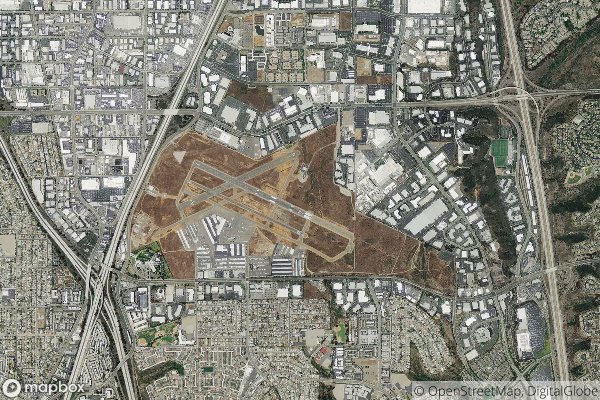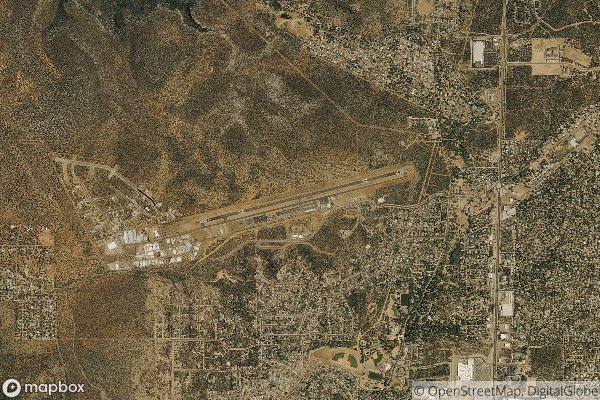| Code | BQK/KBQK |
| Name | Brunswick Golden Isles Airport |
| Location | Brunswick, Georgia, USA |
| Distance from City Center | 5 miles (8 km) northeast of Brunswick |
| Major Area Served | Golden Isles region |
- See here the complete List Of All Airports In United States with Codes.
Airport codes play a crucial role in the aviation industry as they provide a unique identifier for each airport, making it easier for airlines, passengers, and air traffic control to communicate and track flights. The BQK/KBQK airport code refers to the Brunswick Golden Isles Airport in Georgia. The structure of airport codes, including BQK/KBQK, follows a specific format set by the International Air Transport Association (IATA). These codes typically consist of three letters and are used globally to identify airports.
Decoding Airport Code
The process of decoding airport codes involves understanding the significance of the letters used in the code. In the case of BQK/KBQK, the “B” represents Brunswick, the city where the airport is located. The “QK” is a unique combination assigned by the IATA to differentiate it from other airports. Decoding airport codes can be a fun way to learn more about the history and geography of different regions.
Operational Significance
The BQK/KBQK airport code plays a critical role in aviation operations. Pilots and air traffic controllers use the code to communicate essential information about the airport, such as flight plans, arrival and departure schedules, and aircraft parking. Airlines also use the code to manage their routes and track flight data. Without the BQK/KBQK airport code, it would be challenging for the aviation industry to function efficiently.
History of Airport Codes
The history of airport codes dates back to the early days of commercial aviation. As air travel expanded globally, the need for a standardized system to identify airports became apparent. The IATA developed the three-letter airport code system in the 1930s, and it has since become the standard for air travel worldwide. The history of airport codes reflects the growth and evolution of the aviation industry, as well as the increasing interconnectedness of the global transportation network.
In conclusion, understanding the BQK/KBQK airport code is essential for anyone involved in the aviation industry. From pilots and air traffic controllers to airline personnel and passengers, the airport code plays a crucial role in facilitating safe and efficient air travel. By decoding airport codes and learning about their operational significance and history, individuals can gain a deeper appreciation for the complex and interconnected nature of the aviation industry.


